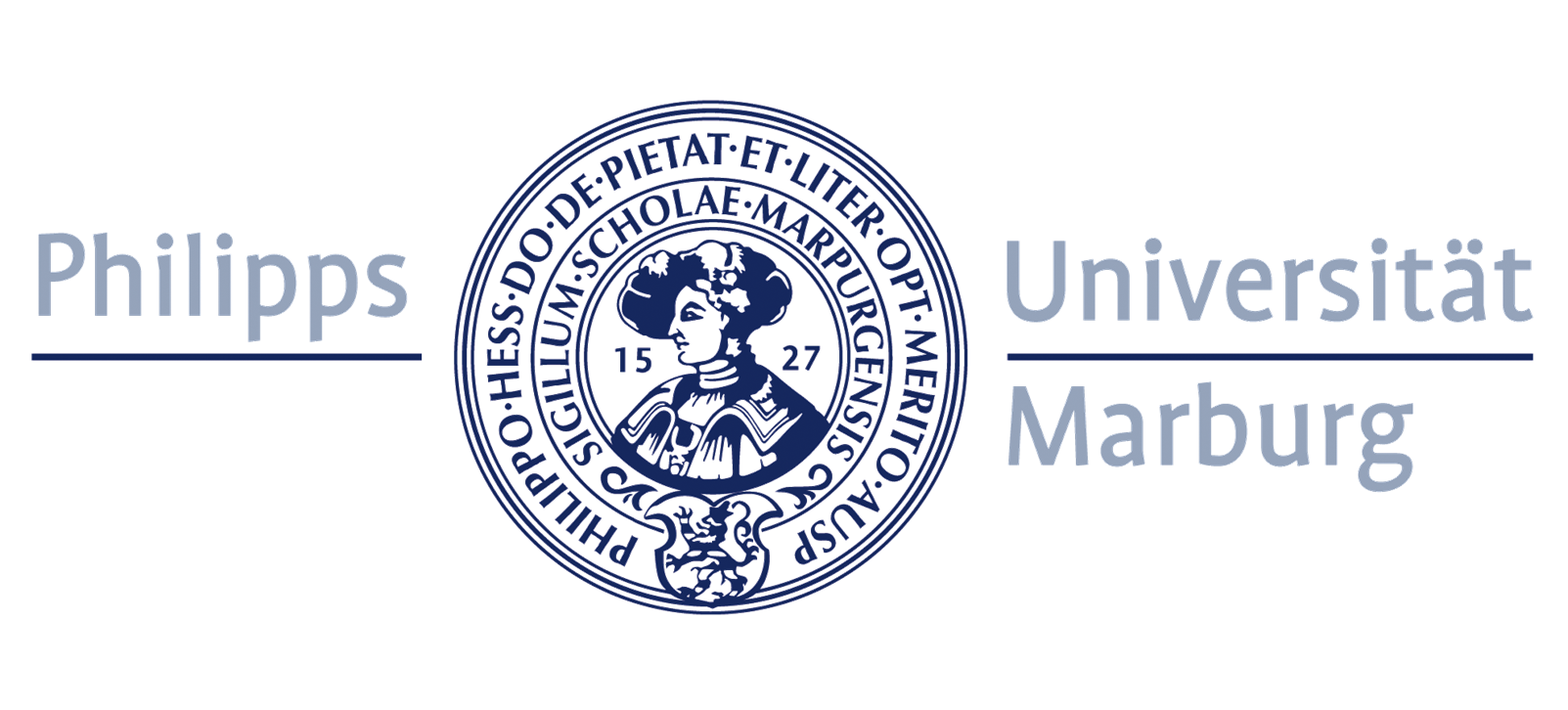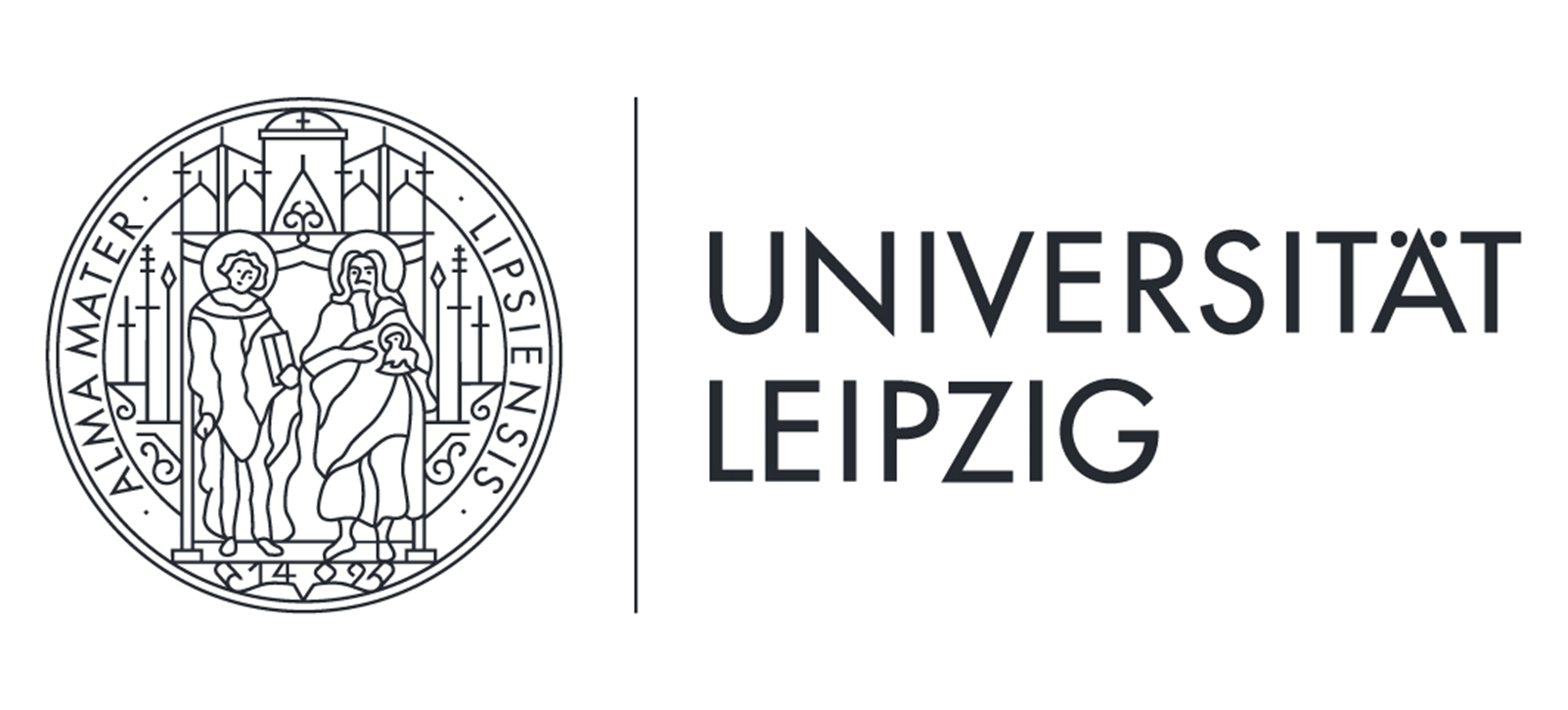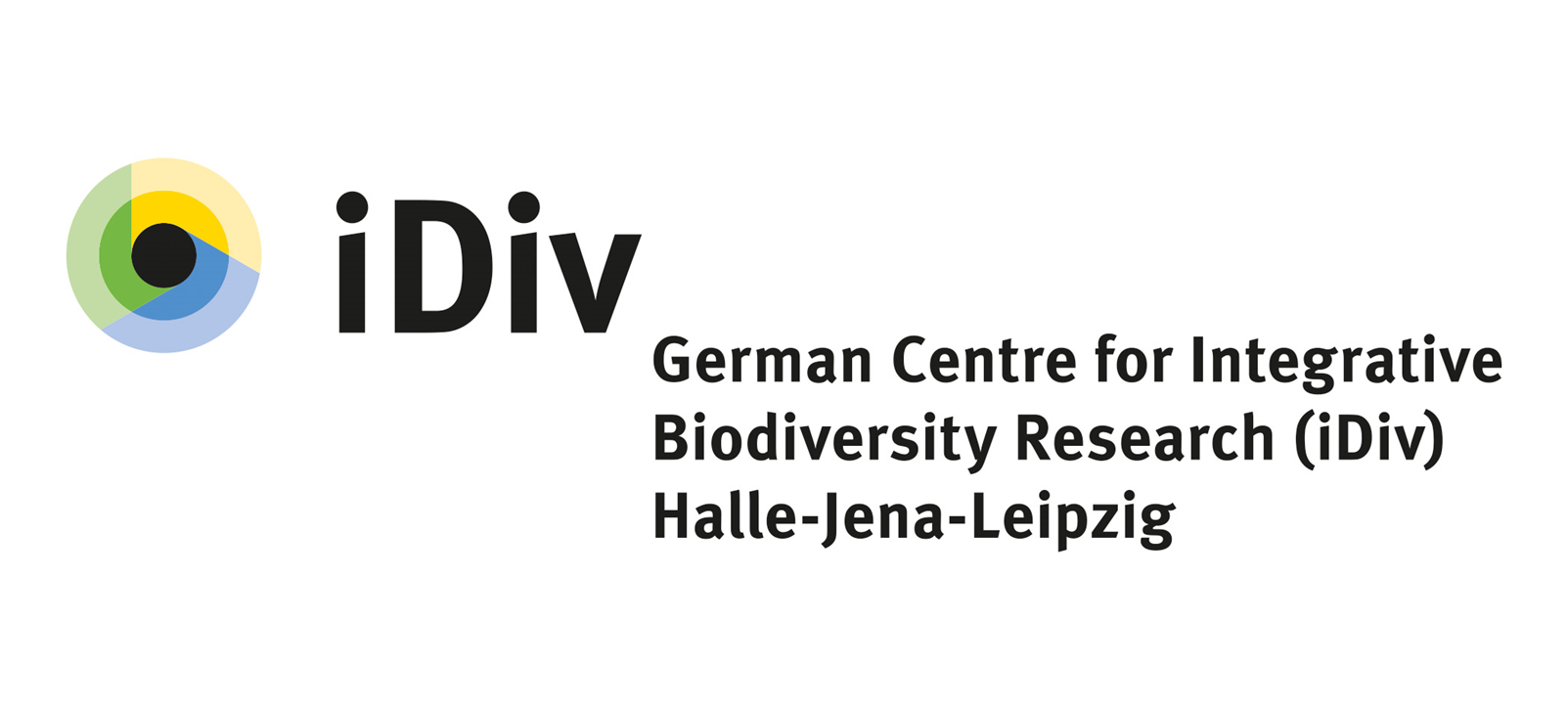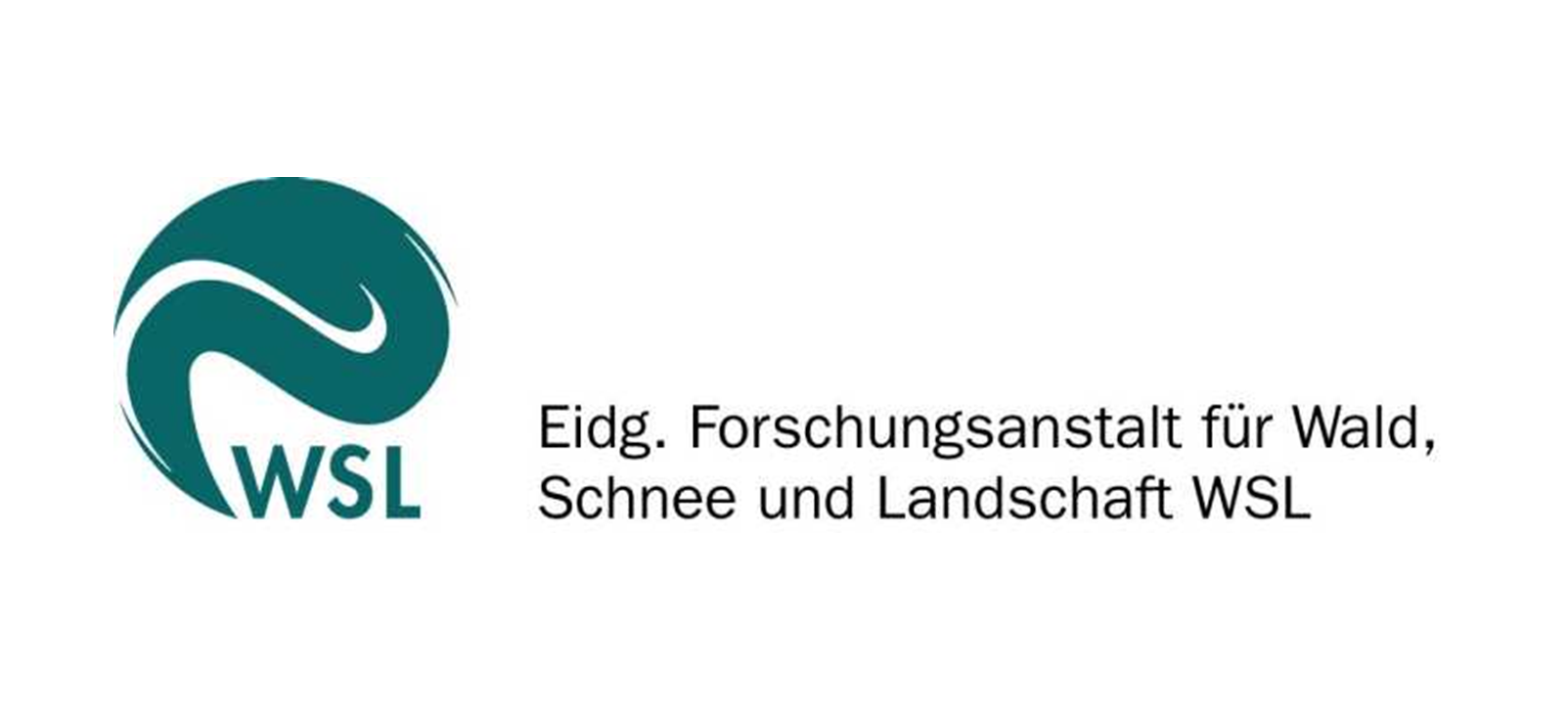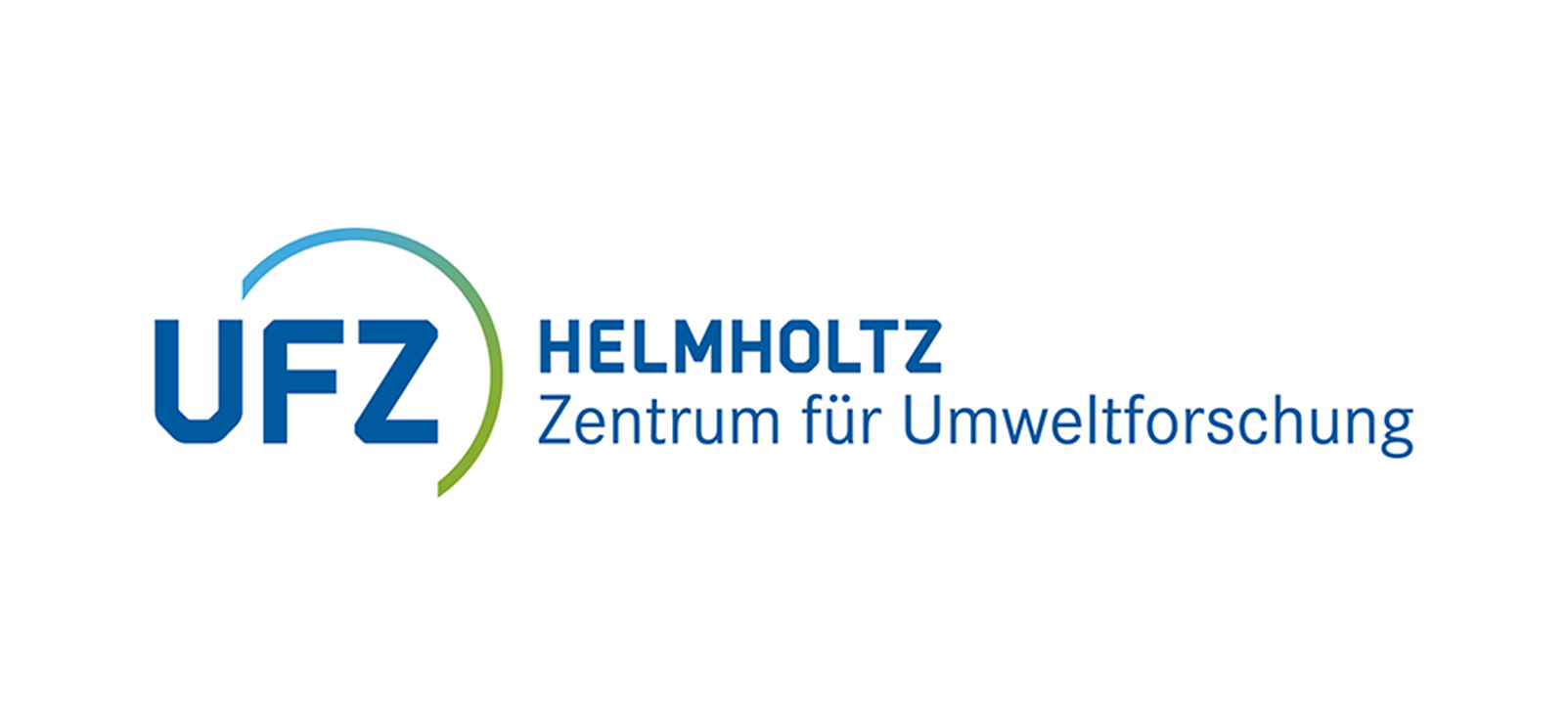Main Content
Subproject 1 - Epigenetic acclimation to abiotic and biotic stress in clonal oaks
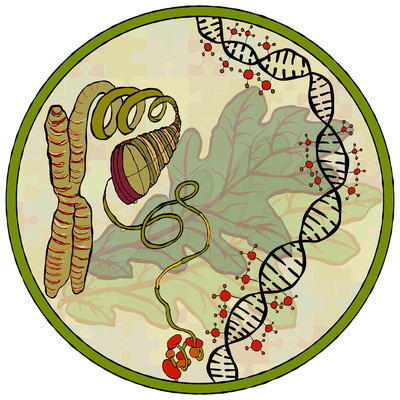
Katrin Heer, Lars Opgenoorth, Robert Horvath, Mona Schreiber, Susanne Walden
Climate change and global species loss are the major environmental threats to human well-being in the coming decades. However, despite more than 200 years of organized forestry and research, some fundamental knowledge is still missing about (i) the phenotypic plasticity of forest trees, (ii) about the interplay of trees with their microbial symbionts, and (iii) about how these interactions may facilitate acclimation (regulatory changes) and adaptation based on genetic changes of trees and/or their symbionts. In PhytOakmeter, we seek to understand patterns and mechanisms of acclimation and adaptation (A&A) in trees focusing on of a holobiont tree model. In Subproject 1 - Epigenetic acclimation to abiotic and biotic stress in clonal oaks - we investigate methylation changes and the activation of transposable elements (TEs) in the oak clone DF159 in response to drought and herbivory treatments. Specifically, we seek to understand the dynamics of methylation patterns and TE activation under subsequent stress events. The clone DF159 is particularly suited for such research since the absence of genetic variation allows targeting stochastic and environmentally induced epimutations. The three experimental platforms will allow us to investigate methylation and TEs activation under highly controlled to natural conditions. Ultimately, we seek to jointly analyze our data together with data on gene expression, metabolome changes, and physiological traits to understand how responses are coordinated across different layers of cellular organization. Moreover, to better understand the clonal oak system, we will investigate the effect of clonal propagation from lateral vs. apical buds as well as the crosstalk between scion and rootstock in grafted oak clones. Overall, SP1 seeks to enhance our understanding of how trees respond to stress at the level of the methylome and the activation of transposable elements (TEs), and how these changes impact the plant's response to subsequent stresses.
